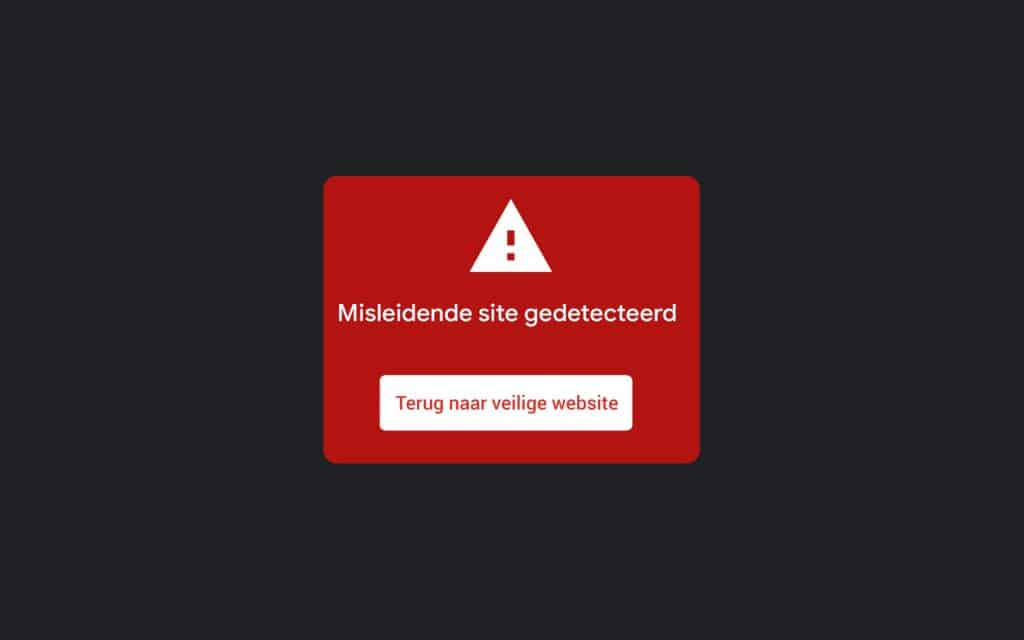
WordPress, one of the most popular Content Management Systems (CMS) in the world, allows users to create dynamic websites and Web shops using themes, plugins and custom code. However, like other CMS platforms, WordPress is not immune to the threats of cyber attacks.
Although WordPress is constantly being updated to address security issues, the popularity and open-source nature of the platform make it an attractive target for hackers. Here are some specific risks associated with WordPress:
- Themes: Many WordPress themes, both free and premium, may contain vulnerabilities. If they are not updated regularly, they can become an entry point for malicious actors.
- Proprietary code (WordPress customization): Websites using custom code without proper security protocols can be easily exploited.
- Plugins: Plugins extend the functionality of WordPress, but they can also pose security risks, especially if they are outdated or come from unknown sources.
- Server settings: A misconfigured server can open the door to various types of attacks.
- Framework used: Older or poorly maintained frameworks may contain known vulnerabilities that can be exploited by hackers.
- Administrator rights: Careless management of user rights can lead to unauthorized access. It is essential to use strong passwords and review access rights regularly.
In addition to the risks mentioned above, it is important to emphasize that complex WordPress websites and WooCommerce websites are at increased risk. The more add-ons and plug-ins you add to your WordPress website, the greater the risk of your website becoming vulnerable. Each added plug-in or add-on can introduce potential security vulnerabilities, especially if they are not updated regularly or come from untrusted sources.
It is critical for website owners and administrators to be aware of these risks and take proactive measures, such as regularly updating themes and plugins, monitoring server logs and performing (or having performed) regular security checks or pen tests. Staying alert and following security best practices can significantly reduce WordPress risks.
Nine tips to protect your WordPress website
- Regular updates: Both standard WordPress themes and custom themes need maintenance and regular updates to address known security issues. Make sure you always use the latest versions.
- Use reliable plugins and themes: Always choose reliable, well-reviewed and regularly updated plugins and themes. Also consider custom solutions as a safer option.
- Strong passwords: Use strong, unique passwords for your WordPress administrator account, database and hosting account. Consider a password manager to help you.
- Restricted user access: Grant administrator rights only to trusted users. For everyone else, limit their permissions to what they actually need.
- Change the default WordPress login page: Changing the default WordPress login page increases your website's security against brute force attacks.
- Implement a firewall: There are numerous WordPress-specific firewalls available that can protect your website from known threats.
- Regular backups: Should something go wrong, having a recent backup of your website is essential to get back online quickly.
- Leadership: Make sure there is a person or group within your organization or team who is responsible for website security. This person or group should keep abreast of the latest security updates and best practices.
- Pentests: For the best security, it is advisable to perform regular penetration tests (pen tests) on your WordPress website. This helps identify and fix vulnerabilities before they can be exploited by malicious actors.
Consequences of a hack
A hacked WordPress website can lead to serious reputational damage. Customers may lose trust, resulting in reduced website traffic and sales declines. Users' personal and financial data may be compromised, resulting in potential legal repercussions and/or fines. In addition, recovering from a hacked Web site can be time-consuming and costly. It can take months or even years to fully restore trust and reputation.

Conclusion
While WordPress offers many benefits, it also comes with risks, similar to other CMS systems. It is crucial for website owners to recognize these risks and take proactive security measures.
Are you unsure about the security of your WordPress website? Then consider a WordPress pen test to get a clear picture of your site's current security status.